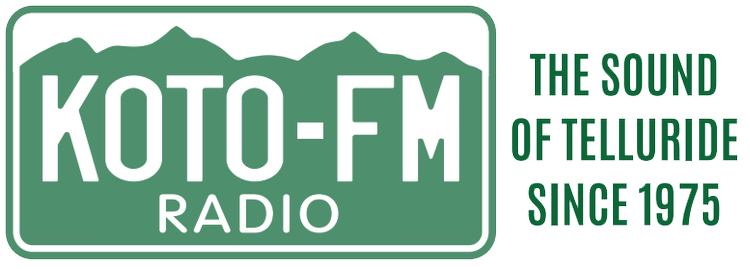By Matt Hoisch
Left: Patrick Latcham. Picture courtesy of Carly Latcham. Right: Gavin Dohnal. Picture coutresy of Zoe Dohnal.
While a pandemic reshapes the world, Zoe Dohnal and her husband Ryan have been raising a one year-old named Gavin. Flexibility, she says, has been key. Especially in the early weeks of the pandemic. They still had jobs, but they also had a toddler who couldn’t be left alone and a house they couldn’t leave much.
“So I would have to wake up at five in the morning to do some work before it would be my turn to look after Gavin, and then he would do some work,” she says. “You know, we’d switch off. But our full workday would probably start at five and end at midnight.”
Balancing a pandemic and a job and a child, they say, was hard.
“COVID has been really hard from a mental health standpoint for a lot of people,” she notes. “But when you’re raising a kid and trying to do a full-time job, you feel like you’re failing at everything.”
“Took me a while to learn how to be flexible on a daily basis,” Ryan adds.
But Zoe and Ryan aren’t just raising a one year old during COVID. They’re also expecting another child in October.
“I know I have not given this pregnancy the same attention I gave my first one,” she explains.
For newer parents and expecting parents, COVID has changed everything. And that’s on top of a baby changing everything.
“Having a baby was a joyous time,” says Camilla Baca. She’s a local doula, lactation counselor, and childbirth educator. “You had a blessingway, you had a baby shower, you were surrounded by people. And these moms are really isolated now, and I think that’s really hard for them. This joyous time has now become kind of a stressful, isolated time.”
Baca says having a baby is already an uncertain time. COVID just adds to that. She says she’s checking in more than usual with new parents she works with and hearing, predictably, that it’s a challenge.
Emily McGough is hearing similar things from parents she’s checking in with.
“There is definitely more anxiety,” she says.
McGough is an RN at the Telluride Medical Center and a certified pediatric nurse. According to her, isolating with a new baby during the pandemic can be both good and bad. It’s given parents a chance to really connect with their newborns. But they also haven’t had the usual support that rallies around new parents.
“Like you want your mom and your friends and your siblings to hold your new baby. But you’re terrified your baby might get COVID.,” McGough explains.
Carly Latcham is a local who gave birth to Patrick at the end of March and says no family saw him in person for the first two months. So, for the most part, it was just her and her husband, also named Patrick, taking care of their new child.
“In the beginning it was isolating,” Latcham says. “I remember getting in my car to go to the grocery store for the first time. Patrick stayed home with the baby, and I was giddy.”
But, McGough says one other consequence of the pandemic has been an unexpected chance for dads to bond with their newborns. Because, she points, most men in the area don’t get paternity leave. That’s what happened with Carly and her husband. They thought he would only get two weeks off. Instead, he got two months.
“We got to just the three of us stay home and really sort of just—I don’t even know how to describe it,” she says. “It was just nice.”
So, like parenthood, COVID has been a mixed bag for newer parents. And a pandemic is a steep price to pay to be with your child. But babies also have this ability to make you forget everything.
During shelter in place at the start of the pandemic, McGough was doing home visits in PPE to check on newborns so parents didn’t have to go to the med center. She says during those visits, the overwhelming sense she got with those families was a feeling of calm.
“Even if they’re experiencing anxiety about their new baby, they’re in this little bubble of joy where they’re just so engulfed in being new parents and tending to their new babies and learning how to be in this new role that it almost seems like COVID takes back burner,” McGough says.
Of course, the experience is entirely different for parents of older kids. Parents of the youngest kids don’t have to worry about schooling and education. Or teenager stuff. But, with a new baby and a pandemic, they’re learning to live in a world that’s changed—two times over.

